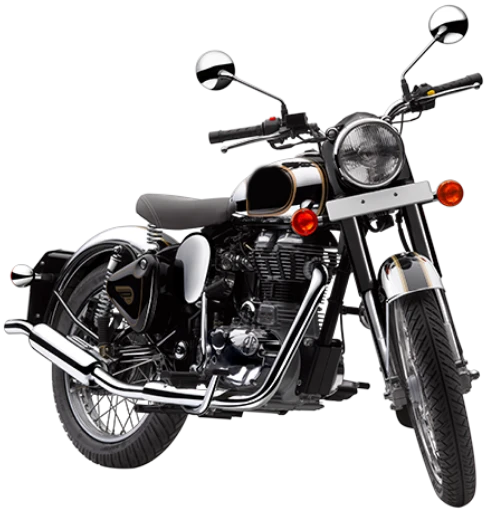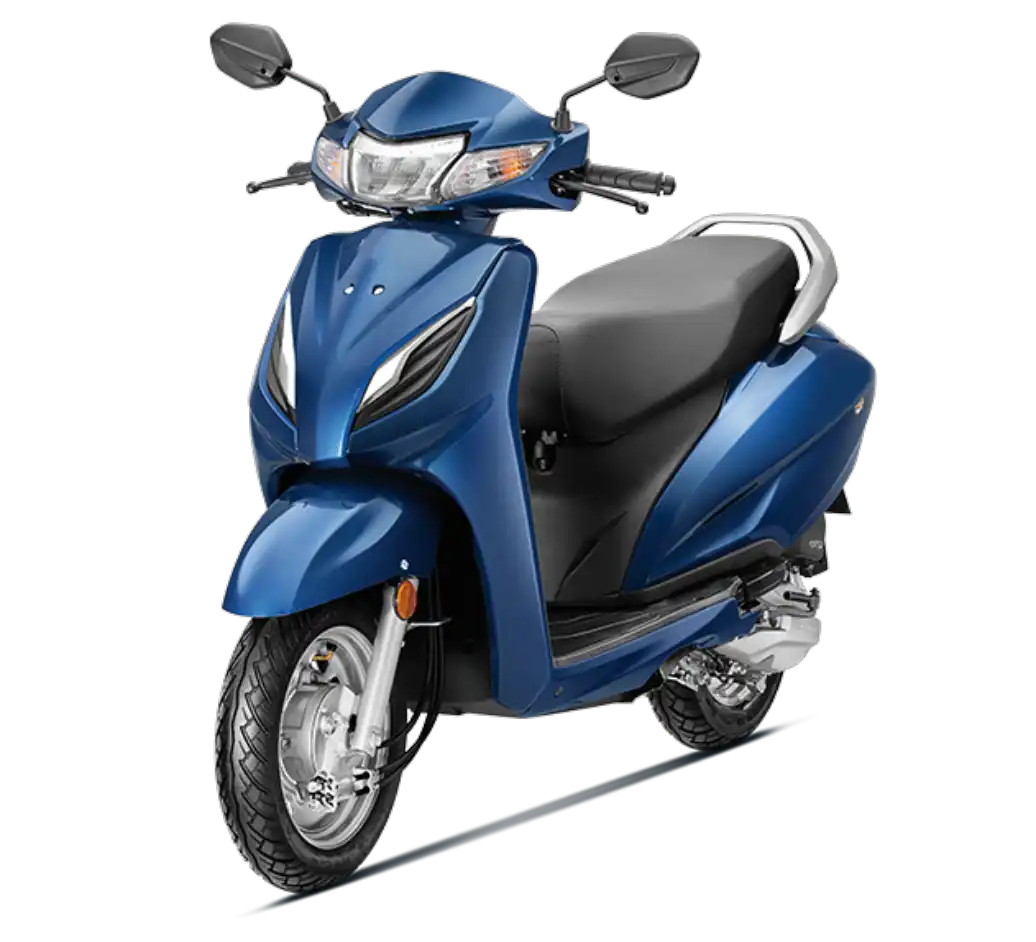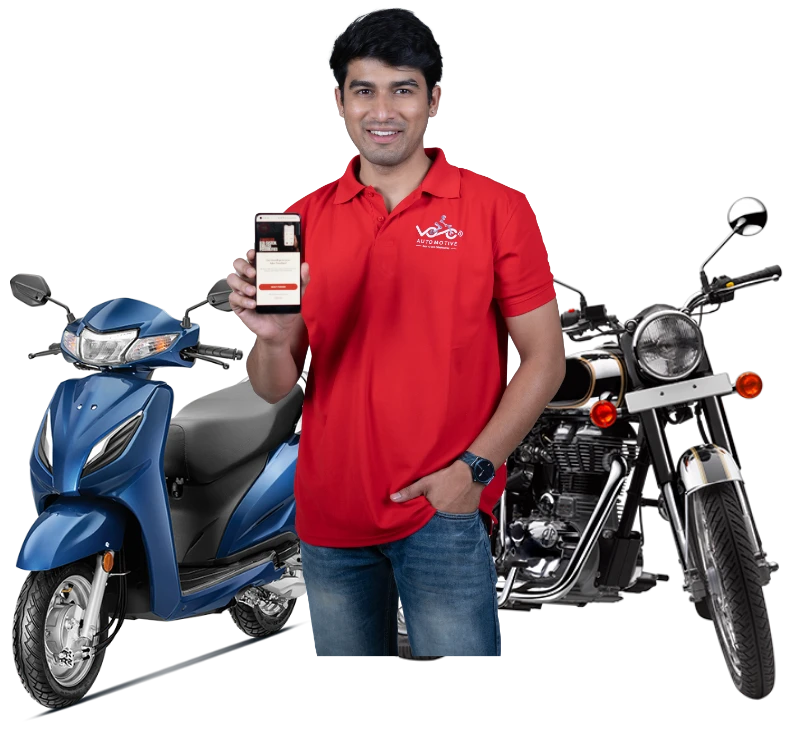
Menu
PLANS & PRICING
PARTNER WITH US (B2B)
BUY AND SELL
DOWNLOAD
SMART-RIDER APP
Say goodbye To your bike problems


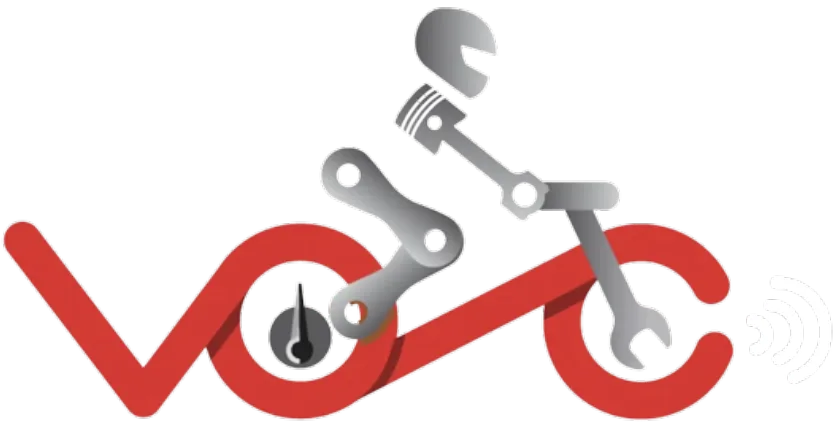

Menu
DOWNLOAD THE
SMART-RIDER APP TODAY
Say goodbye To your bike problems



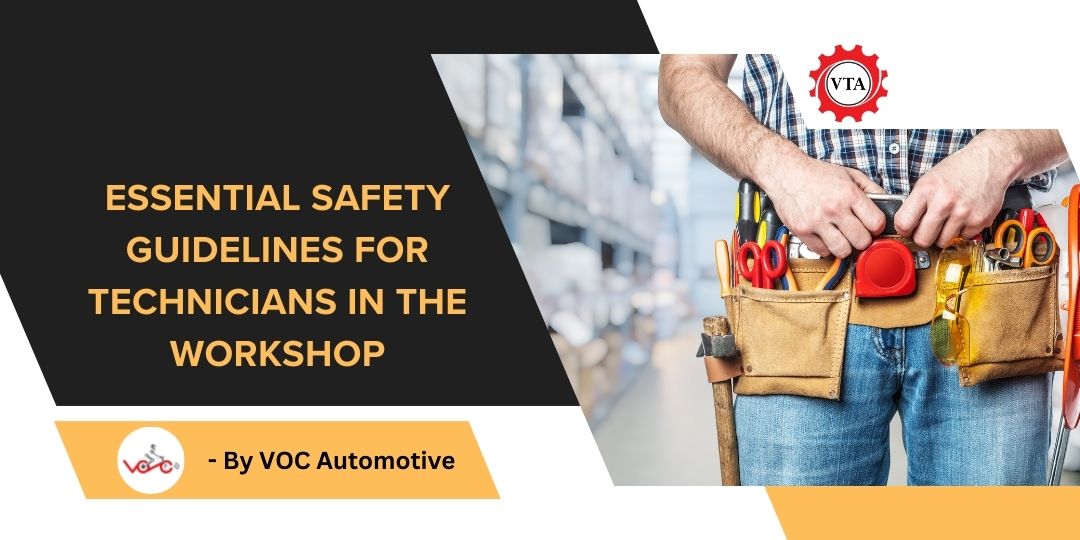
December 26, 2024
Essential Safety Guidelines for Technicians in the Workshop
Working in a two-wheeler repair workshop is both exciting and rewarding but comes with inherent risks. Whether you're training at a Two-Wheeler Service Training Academy or are a certified professional from the VOC Service Center Training Program, prioritizing safety is essential for your well-being and success. Here are key safety tips every technician should follow:
1. Wear Appropriate Safety Gear
Using the right protective equipment is the foundation of workshop safety. Always ensure you have:
- Safety goggles to shield your eyes from debris.
- Gloves to protect your hands from sharp tools and hot surfaces.
- Steel-toe boots for foot protection.
- Overalls or protective clothing to avoid cuts and burns.
These practices are a core focus of Motorcycle Mechanic Training and Automotive Vocational Training programs.
2. Know Your Workshop Equipment
Before operating any tool or machine, ensure you fully understand how it works. Programs like Bike Repair and Maintenance Courses and Motorcycle Service Technician Training provide in-depth training to minimize accidents caused by misuse.
3. Keep the Workspace Clean and Organized
A tidy workspace reduces the risk of accidents. Always store tools in their designated places and clean up spills promptly. Automotive Repair Certification Programs emphasize the importance of maintaining an organized environment for both safety and efficiency.
4. Use Lifting Equipment Properly
Lifting heavy motorcycles or components incorrectly can lead to serious injuries. Training at institutions like the Motorcycle Servicing Training Institute and VTA Automotive Skills Academy often includes guidance on safely using hydraulic lifts and other equipment.
5. Handle Hazardous Materials Safely
Workshops often involve hazardous substances like engine oils, solvents, and cleaning agents. Proper storage, handling, and disposal of these materials are critical. Automotive Technical Training Institutes and Two-Wheeler Technician Certification programs offer valuable instruction on this topic.
6. Stay Up-to-Date with Safety Training
Regularly participating in safety workshops and refresher courses is essential. Programs like Professional Mechanic Training for Two-Wheelers and Two-Wheeler Technician Development provide advanced safety training tailored for experienced technicians.
7. Inspect Tools and Equipment Regularly
Faulty tools and equipment can pose serious safety risks. Make it a habit to inspect all tools and machines before using them. Technical Academies for Bike Repair stress the importance of regular equipment checks in their training.
8. Communicate Effectively in the Workshop
Clear communication is vital to prevent misunderstandings and ensure everyone is aware of potential hazards. This principle is often highlighted in Motorbike Service Technician Courses and Training Institutes for Two-Wheeler Technicians.
9. Practice Fire Safety
Workshops often store flammable materials, making fire safety a priority. Familiarize yourself with fire extinguishers and how to use them. Programs like Automotive Education for Two-Wheeler Mechanics include fire safety modules to prepare technicians for emergencies.
10. Take Care of Your Personal Health
Fatigue and stress can lead to mistakes. Ensure you take regular breaks and practice proper ergonomics to maintain long-term productivity and safety. Vocational Training for Two-Wheeler Mechanics often includes advice on maintaining physical and mental health.
Conclusion
Safety in the workshop is not just important—it’s essential. By following these tips and applying the knowledge gained from programs like Two-Wheeler Repair Workshop Training and Automotive Vocational Training, technicians can create a safer and more efficient work environment. Remember, staying safe is the key to long-term success!
GET,SET,VOC
BRANDS WE SERVE


















